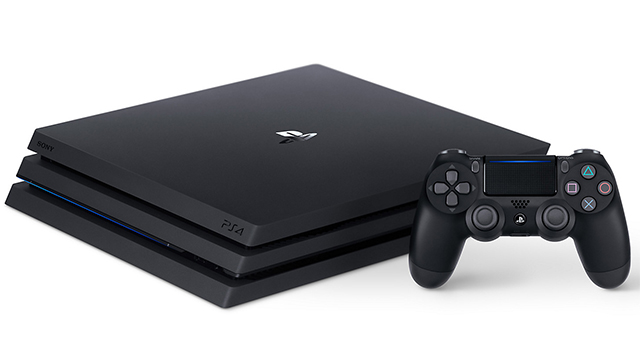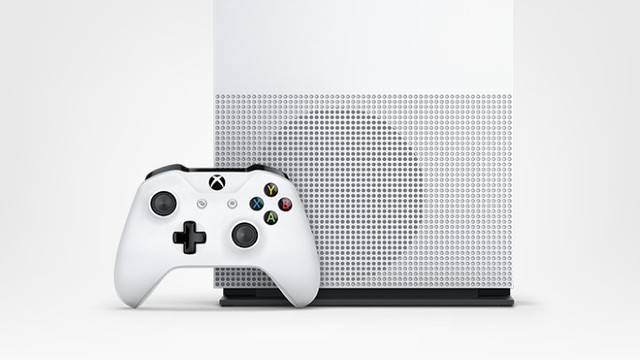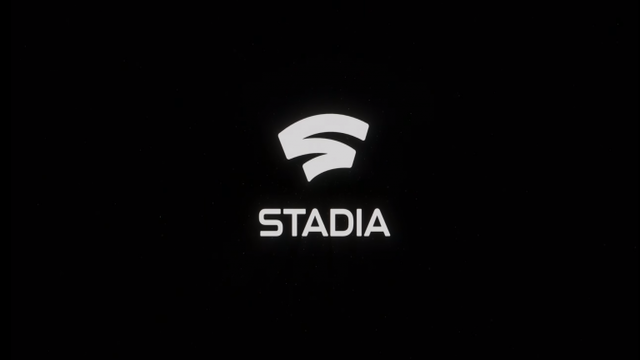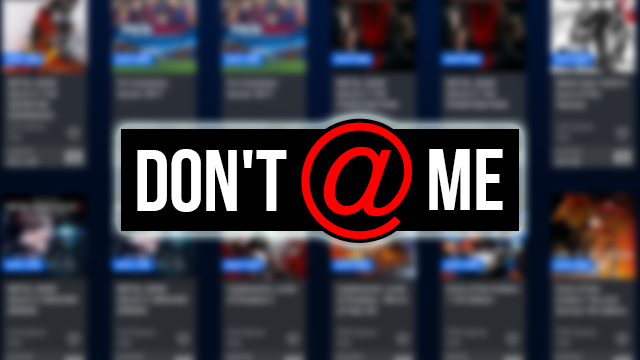In the past year or so in the gaming industry, there has been a shift from physical media to digital media. We are seeing a trend from first-party companies making plans to adjust the future direction of their businesses to a digital medium, instead of the physical one that we are used to. This can be seen primarily from Xbox with Game Pass and Project xCloud. Additionally, it can be seen through Google, a company you don’t think of when it comes to gaming, with its new cloud-based gaming platform Stadia. It seems that digital media is beginning to take over the industry, and that means that physical media could be in trouble.
Do we still need physical media?

With a few gaming companies already making a digital push, it begs the question: do we still need physical media? It seems that with the rise of digital services and media, the need for physical media is quickly fading. If already many gamers (but not most) are happy to buy their games digitally and the digital service trend only being a few years old (in the gaming industry anyway), imagine where it could be in the next two or three years.
In fact, according to GameDaily.biz, 2018 was the most profitable year for digital games to date. If the future continues to lead to gamers happily playing games digitally, why would publishers need to print physical copies of their games for retailers especially when they can make more of a profit selling it digitally through their own services?
With gaming companies making more and more accommodations to its business plan to make games more accessible digitally, a future where there is little demand for physical media doesn’t seem too far off. Especially when some of the most popular games right now aren’t even accessible through a physical disc.
Take Fortnite and Apex Legends for example. Fortnite literally dominated the gaming industry last year and continues to have a massive audience. To the same feat, Apex Legends launched in February and topped 50 million players by the beginning of March. If these immensely popular games don’t need to be put on a physical disc, why do others?
Is a future without disc-based media near?

Game Pass launched back in June of 2017 and has since been described as the “Netflix of gaming.” It is a subscription-based service, where customers pay a fee ($10 a month) to access a library of games that they can play for free as long as their subscription is active, which is a pretty good deal. Game Pass has even seen some major first party games come to their service on launch day, like Sea of Thieves, Crackdown 3, and Forza Horizon 4, just to name a few.
Services like this allow players to experience all different kinds of games for a low and affordable price, something that was pretty much unheard of in the industry prior to Game Pass. Additionally, Xbox has released a little bit of information regarding Project xCloud, which is the company’s initiative to bring the Microsoft and Xbox brand together that is set to have a beta later this year. Essentially, Project xCloud will allow players to play their games across all of their devices, which could make using disc based media quite tricky.
Another one of the biggest threats to disc-based media comes via gaming consoles. In a recent announcement by Microsoft, the company stated that it would be releasing the Xbox One S All-Digital Edition. This updated Xbox One S is essentially the same as its predecessor, except for one distinguishable difference: it has no disc drive and is completely digital, eliminating the possibility of using disc-based media with the console. It is rumored to come out next month. The future is near, folks.
PlayStation and Nintendo on the other hand, haven’t quite made the same leaps as Microsoft has, at least not yet. PlayStation has a similar service to Game Pass, called PlayStation Now. However, that service is twice as expensive and doesn’t include as many first-party games as Microsoft’s service. However, it is still a digital-only service nonetheless, so the setup is there for PlayStation, should Sony choose to follow in the footsteps of their competitors at Microsoft. Nintendo hasn’t made much noise in regards to making a push to digital only, but when has Nintendo ever followed the status quo?
Is physical media or digital media better?

As with any two things in life, there are advantages to both. One major advantage of disc-based media over digital media is game preservation. If you buy a physical game, then you own it far after the servers hosting the digital files shut down. Whereas if you get it on a service like Game Pass, if the platform holders take it off, then you will no longer have access to it. Although, if you buy it from the Xbox or PlayStation Store, as opposed to having it on a subscription service, this problem could be eliminated for the foreseeable future.
Additionally, another perk to physical media is that you can always sell the game or trade it in for another one. And while install times can be long, it means you can at least start most games without an internet connection, which helps out those people with a bad connection.
However, there are some major advantages to digital media as well, like having it readily available, convenience, and not having to keep up with your games. It comes down to personal preference, and there is no right or wrong when it comes to what you prefer.
One big threat to disc-based media

Google Stadia is the big elephant in the room and one of the biggest threats to physical media, next to Game Pass. The tech giant Google is throwing their hat in the ring and coming out with its own gaming platform. Essentially, Google Stadia is a cloud-based gaming platform that allows users to play the latest games at 4k/60 FPS through their Google Chrome browser or any other Google device.
And you can get those amazing graphics even with the weakest of devices, as long as you have good internet speeds. If successful, it could eliminate the need for physical media and potentially gaming consoles. Why do we need a big clunky box, if we can play our games with amazing graphics digitally from the devices that we already have? Isn’t a cheap graphical advantage one of the biggest reasons gaming consoles exist in the first place?
But it won’t be for everyone, which is the biggest problem. Many people around the world play games that don’t have great internet connections if one at all. It’s easier for some people just to drive to GameStop and buy a disc than to wait for a slow download to finish. And with the ever-increasing presence of bandwidth caps and overbearing ISPs, this move to digital-only future will leave those people behind. Collecting discs and game rentals will also become hard as the industry figures how — or if — it wants to keep those communal aspects of the medium alive.
If you combine services like Game Pass and platforms like Google Stadia with the new Xbox One S All-Digital Edition, it is not to far fetched to say that physical media could evaporate as these services take over more and more households as the technology improves. It may not happen this year and it may not even happen next year, but it’s probably coming in the not so distant future to some degree. Unless something changes, the gaming industry seems to be trending to more of a digital service, that might not have a need for disc-based media. And it might not care who or what it leaves in its wake.







